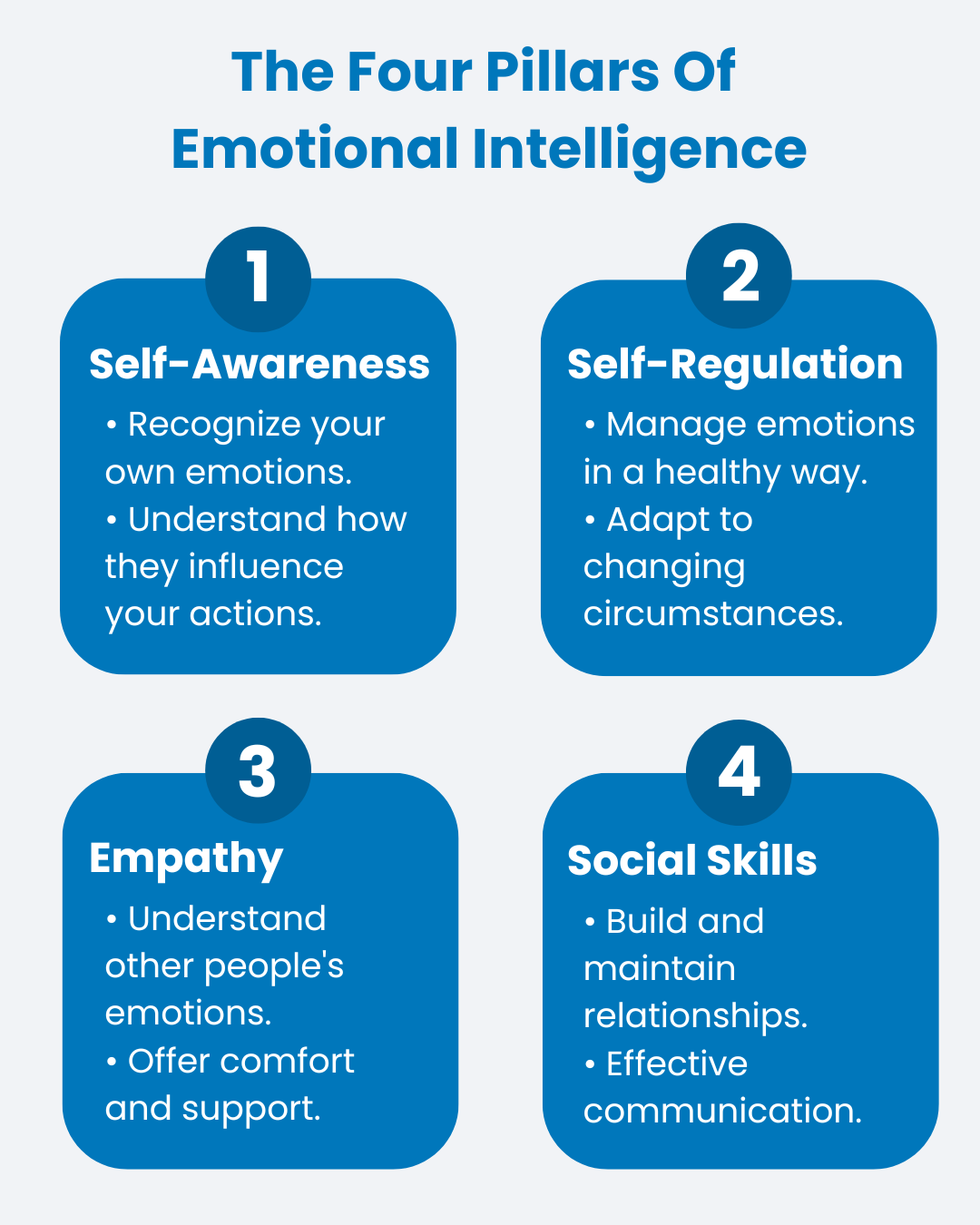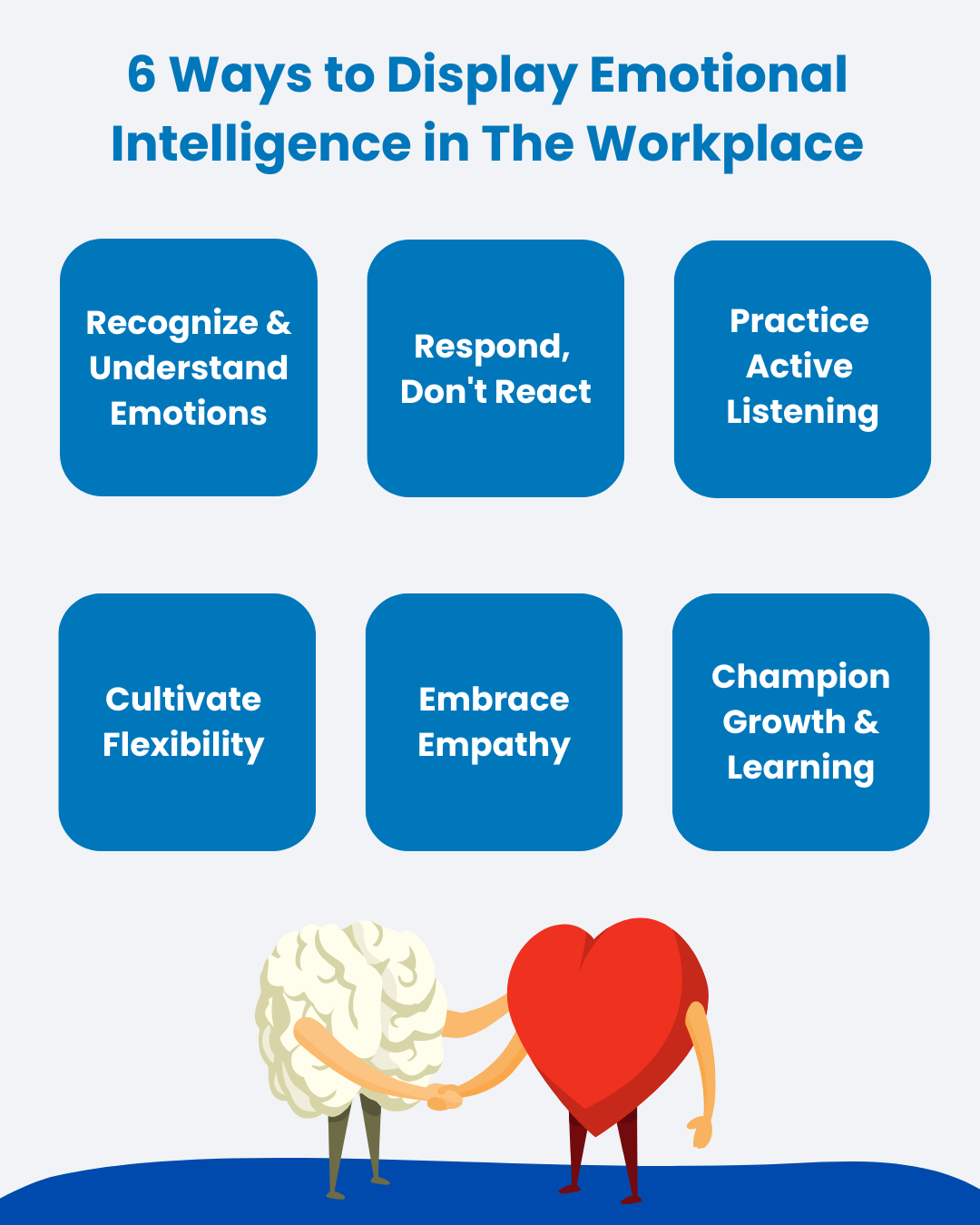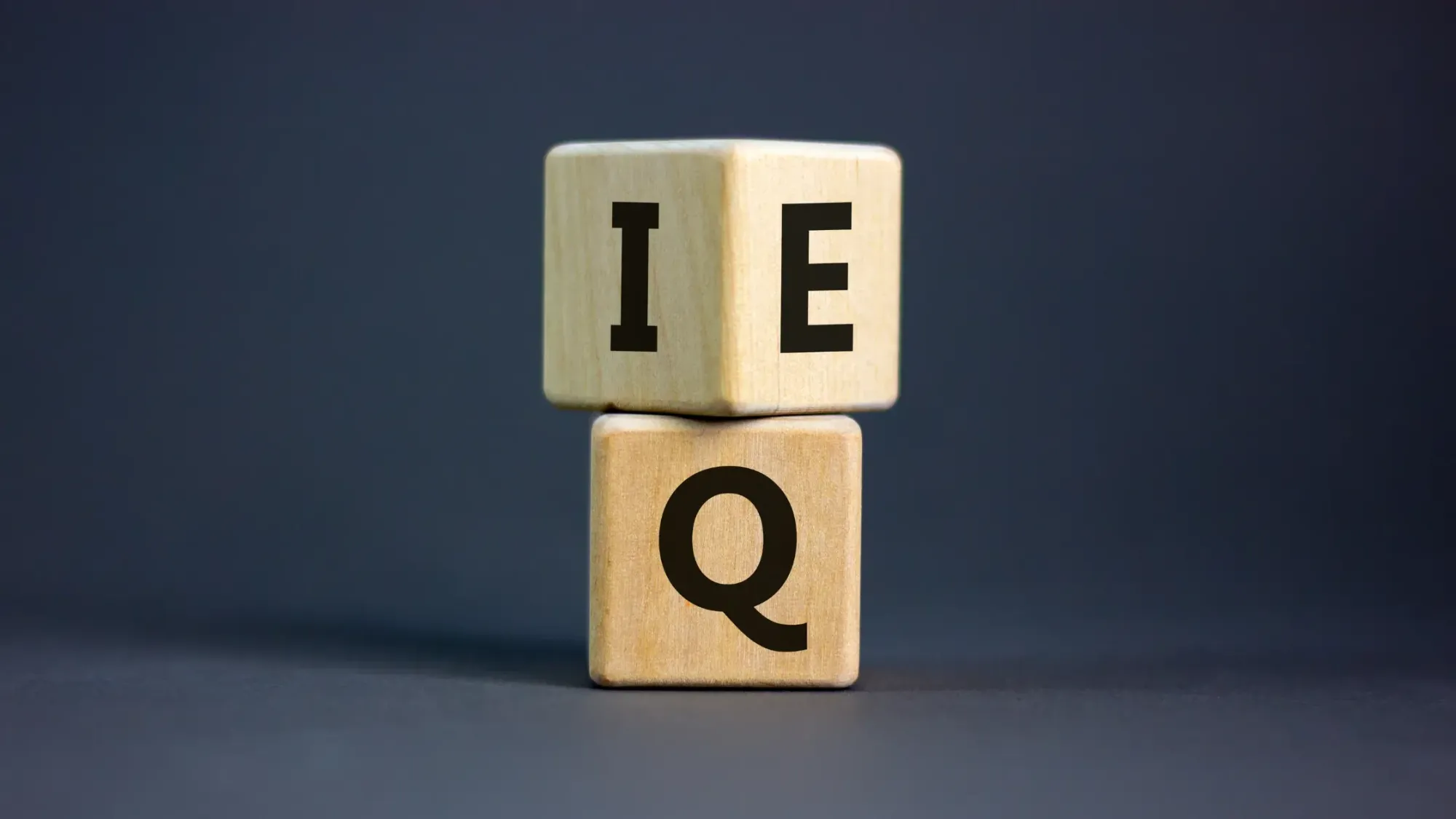Hello fellow project wranglers!
If you’re reading this, you’re likely a project manager, or perhaps you’re aspiring to be one. Welcome! Grab a coffee, take a seat, and let’s dive into a topic that often flies under the radar but can make or break a project: Emotional Intelligence (EI).
Now, you might be thinking, “Emotional intelligence? Isn’t that for therapists and motivational speakers?” Well, yes, but also no. In my 8+ years of herding cats—sorry, I mean managing projects—I’ve discovered that EI is the secret sauce that can turn chaos into harmony and deadlines into triumphs. And trust me, I’ve had my fair share of both!
What Exactly is Emotional Intelligence?
First off, let’s clear the air: Emotional intelligence is not about being the office therapist. It’s about understanding and managing your own emotions while also being able to read and influence the emotions of others. In simpler terms, it’s the art of being human in a world driven by KPIs and Gantt charts.
Why Emotional Intelligence Matters in Project Management?
Imagine this: You've just kicked off a major project. The timeline is tighter than your pants after Thanksgiving dinner, and the client's expectations are off the roof. Now, your team is talented, but stressed; you really need to keep them motivated and focused. That's where Emotional Intelligence steps in.
- Self-Awareness: Knowing what triggers your stress may just save you from snapping on your team during crunch time. Trust me, nobody likes a project manager who turns into a ticking time bomb.
- Self-Regulation: Instead of shooting off that inflammatory email at 3:00 AM, take a breath. Sleep on it. Your future self will thank you, and so will your team.
- Empathy: This is huge. If you understand your team's feelings and perspectives, you can help snuff out flare-ups before they turn into five-alarm fires. Not to mention the fact that it builds trust and respect—both critical elements in any team's success.
- Motivation: Keep your eyes on the prize and inspire your team to do the same. Share the vision. Celebrate the small wins. Make the journey enjoyable.
- Social Skills: This includes effective communication, resolving conflicts, and team building. You are managing people, not tasks. Be that project manager who can iron out differences and build collaboration.

Real-Life Emotional Intelligence in Action
Let me share a real incident from my treasure trove of experiences. A few years back, I was managing a project with a team spread across five time zones. Communication was a nightmare, and misunderstandings were more common than coffee breaks.
One day, during a particularly heated virtual meeting, two team members clashed over a design decision. Voices were raised, and the air was thick with tension. I could feel the whole team’s morale plummeting faster than a lead balloon.
I took a deep breath (thank you, self-regulation) and stepped in. I acknowledged both perspectives and validated their feelings (empathy). Then, I suggested a five-minute break to cool down. When we reconvened, I facilitated a calmer discussion and guided them to a compromise. The project stayed on track, and the team’s respect for each other—and for me—grew.

Bringing Humor into the Mix
Let's face it: project management can be a roller coaster. There are highs, lows, and loop-de-loops that make you reconsider your professional options. Humor can be your greatest ally.
For example, after a particularly difficult project, I created a "Stress Bingo" card for my team. Squares included: "Client changes requirements at the last minute" plus "Team member gets sick before the deadline." It provided much-needed levity and reminded everyone that we are all in this together.
How to Develop Emotional Intelligence in the Workplace As a Leader
Alright, let's dive into the mystical realm of emotional intelligence (EI) and how you, as a leader, can spread its magic throughout your organization. Think of yourself as the Gandalf of EI, guiding your team through the treacherous mountains of stress and the dark forests of miscommunication.
Lead by Example
Picture this: you’re in a meeting, and the tension is thicker than your Aunt Mildred’s Thanksgiving gravy. Everyone’s on edge. Now, instead of channeling your inner Hulk, take a deep breath and demonstrate calm, empathy, and understanding. It’s crucial that you model the behavior you want to see in your team. Be the emotionally intelligent leader who listens actively, shows empathy, and promotes a culture of open communication. Remember, your actions are like WiFi signals—they spread everywhere, even if some spots have poor reception.
Provide Training and Resources
Invest in your employees' emotional intelligence growth at work. Think of it as watering a garden. Provide training and resources to improve emotional intelligence. If you're feeling fancy, you can even host a “Zen and the Art of Project Management” workshop. Here’s what you should focus on:
- Emotional Awareness: Help your team recognize and understand their emotions. Because nothing says “I’m ready to tackle this project” like being able to identify why the sight of a Gantt chart makes you break out in hives.
- Effective Communication and Conflict Resolution: Equip your team with the skills to express themselves clearly and resolve conflicts peacefully. Think of it as teaching them to be like the UN, but with fewer acronyms and more practical outcomes.
- Improve Stress Management and Promote Open Communication: Offer techniques for managing stress and encourage an environment where everyone feels comfortable sharing their thoughts. Imagine a workplace where stress balls are used more than stress-induced yelling. Ah, the dream!
Wrapping It Up
Therefore, dear project managers, emotional intelligence is no longer a nice-to-have but a must-have. It's like the glue that holds the team together, the oil that keeps the machinery running smoothly for the project, and sometimes it's the only thing between you and a complete meltdown.
Embrace your humanity, know thine emotions, and connect with your team at a deeper level. Your projects will thank you, and so will your sanity.
So remember, next time you're in the thick of things, and things appear to be going wrong, take a deep breath, crack a joke, and use your emotional intelligence. All will come around right again. Happy project managing!
